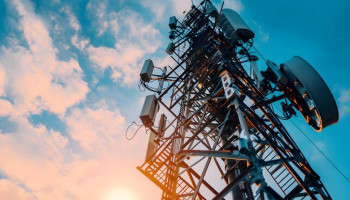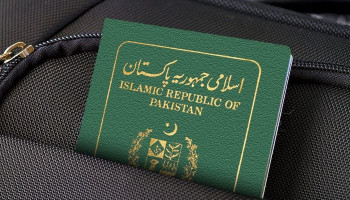
This representational image shows an illustration of the WhatsApp logo. — Unsplash
While Pakistanis must have become accustomed to WhatsApp scams, the toll has now grown exponentially over the recent past, targeting citizens with deceptive messages, calls, and fake accounts.
The unprecedented rise in WhatsApp scams in Pakistan was brought to light in a warning issued by the Canadian High Commission, pointing to a fraudulent WhatsApp number linked to their Google Maps listing.
The warning by the Canadian authority stated that scammers are posing as “Rana Usman Khalid,” requesting payments between 250 and 450 euros, falsely claiming these fees are for appointment scheduling.
Regarding the manner of this particular scam, it was reported that fraudsters are employing sophisticated social engineering and impersonation tactics to convince individuals and businesses into sending money or sharing verification codes.
The commission clarified that they do not charge any fees for appointments which are not arranged via WhatsApp, urging citizens to contact only the official email addresses and phone numbers listed on travel.gc.ca and to exercise caution against suspicious WhatsApp contacts.
This warning follows a widespread trend of WhatsApp-related fraud in Pakistan, against which the Pakistan Telecommunication Authority (PTA) has also cautioned, outlining messages from fake accounts impersonating WhatsApp.
Users are advised never to share verification codes, enable two-factor authentication, verify claims through official channels, and report suspicious activity to relevant authorities.
The Canadian High Commission’s warning highlights the need for ultra-cautiousness as scammers exploit WhatsApp to perpetrate fraud.
















